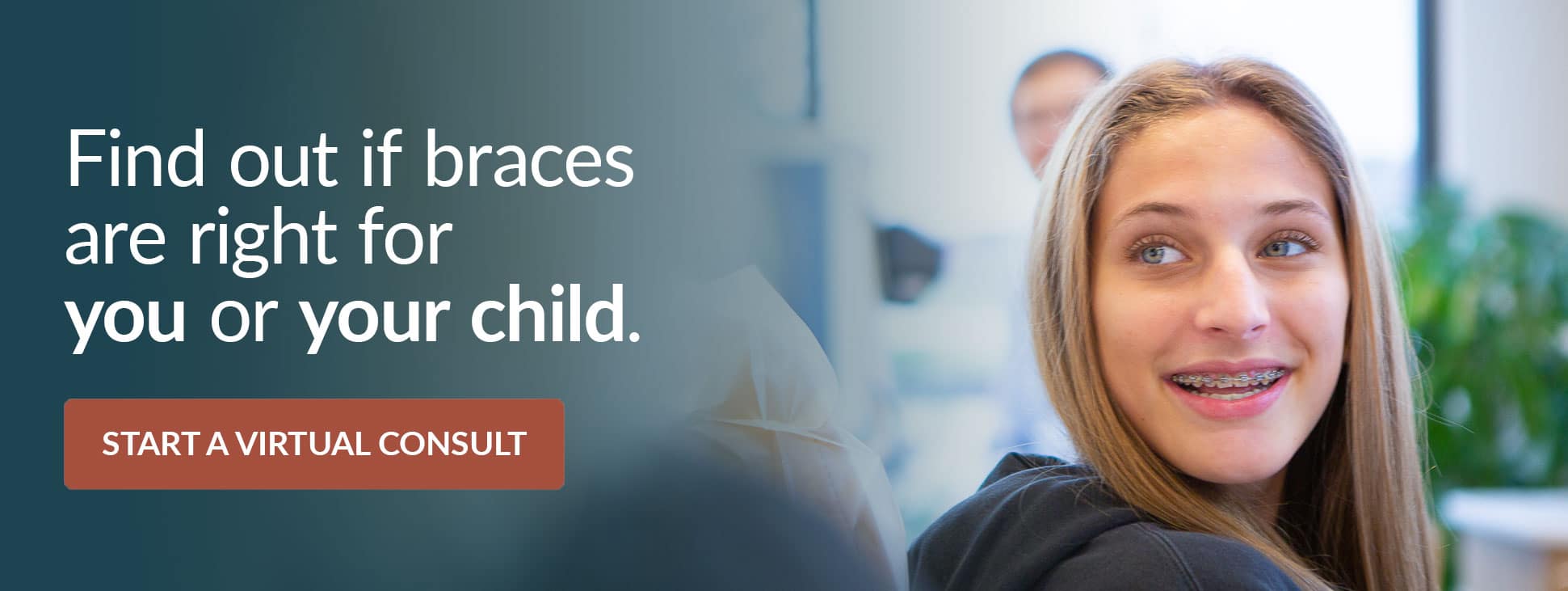If you're a parent, you'll know the pain, er, joy of seeing your little one's first tooth sprout through. But have you ever wondered why babies have baby teeth? Before you dismiss them as nothing more than a minor inconvenience, let's take a closer look. As it turns out, baby teeth serve a crucial role not just in your child's oral health, but also in their overall development. Intrigued? Good, because we’ve got a lot to cover. So grab your favorite drink and get comfortable, because we're about to blow your mind.

Firstly, let's talk about why we have teeth in the first place. The most obvious reason is to chew food, but teeth also play a role in speech and even facial structure. But why do we need TWO sets of teeth? Well, for starters, baby teeth are smaller and more fragile than permanent teeth, which means they're better suited for a baby-sized mouth. But here's the kicker: baby teeth actually act as placeholders for the adult teeth that will eventually come in. It's like setting the table for a fancy dinner party – you need placeholders for each guest's plate and cutlery so they know where to sit. Without those placeholders, chaos would ensue. Similarly, if a baby tooth falls out too early or is lost because of decay, it can lead to problems down the line with the permanent teeth.
Secondly, baby teeth are crucial for teaching kids how to care for their teeth. As they begin to grow and explore the world around them, they learn by imitating those they see around them. By brushing and flossing with their parents or caregivers, children learn that oral hygiene is important and that taking care of their teeth is a regular part of a healthy routine. Plus, getting kids into the habit of brushing and flossing from a young age sets them up for a lifetime of good dental health.
Thirdly, baby teeth serve as a guide for proper oral development. As permanent teeth begin to grow, they follow the pathways created by the baby teeth. If baby teeth are lost or decayed, it can cause the permanent teeth to grow in crooked or out of alignment, which can lead to problems like cavities, gum disease, and even speech difficulties.
Lastly, baby teeth help your child chew and speak properly. Chewing is an essential part of the digestive process, and without proper teeth, small children can choke on food or not be able to eat certain foods. Similarly, baby teeth help children learn to make different sounds by providing a surface against which the tongue and lips can work together. When they start to speak their very first words, proper teeth come in handy to make sure those first sounds are clear and understandable.
Baby teeth may be small, temporary, and occasionally a source of frustration, but they're also essential for your child's development and overall health. Taking care of them doesn't just set your child up for a lifetime of good oral health – it also helps to lay the foundation for healthy habits in other areas of their life. So the next time your little one grins at you with their gummy smile, take heart knowing that those baby teeth are doing more than just looking cute – they're setting the stage for a bright, healthy, and happy future.
First off, let's dispel a common myth. There is no perfect age for braces. Every child's teeth are different, and their orthodontic needs will vary. However, there are some general guidelines to consider. Most orthodontists recommend that children get an evaluation around age 7. (Yes, when they still have baby teeth!) This doesn't necessarily mean they'll need braces right away, but it gives the orthodontist a chance to see how their teeth are developing and catch any potential issues before they become serious.
If your child does need braces, the ideal age to start is usually between 10-14. This is when most of their permanent teeth have grown in, and their bite has fully developed. However, don't fret if your child is already past this age range. Braces can be successful at any age, it just might take a little longer if their jaw has stopped growing.

Of course, the decision to get braces should also take into account your child's maturity level and willingness to commit to proper oral hygiene. Braces require extra care and attention to ensure they're effective. If your child isn't ready for that responsibility, it might be best to wait a little longer until they're more mature.
In the end, the best age for braces is whenever your child and their orthodontist feel it's the right time. Each child's dental needs are unique and there's no one-size-fits-all answer. As long as you're providing them with regular dental care and seeking the advice of a trusted orthodontist, your child's smile can shine at any age. And who knows, they might even make braces cool again.

Privacy Policy | Accessibility Policy | Click for Accessibility